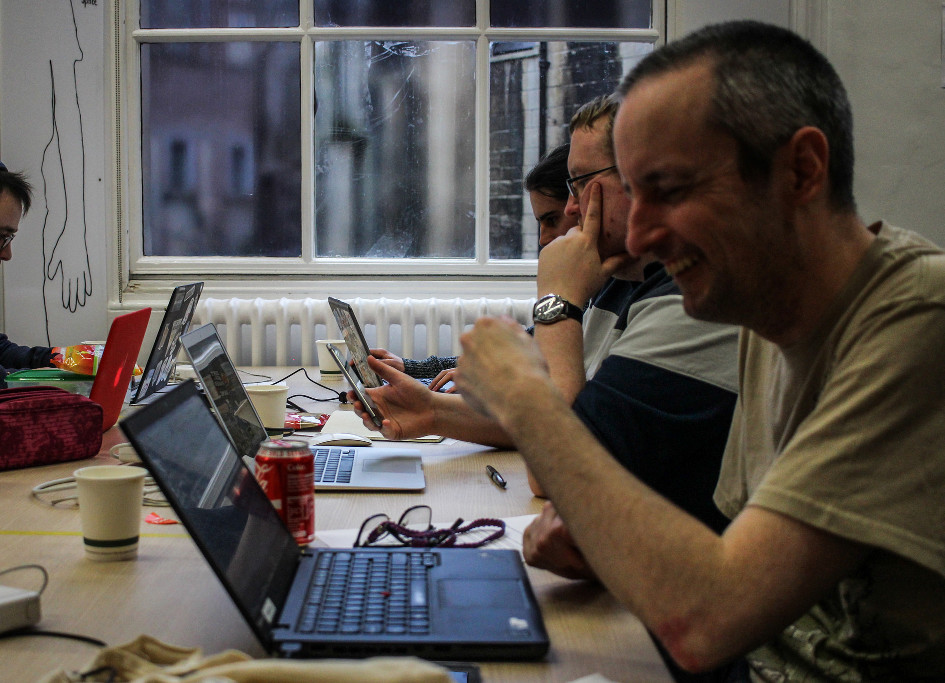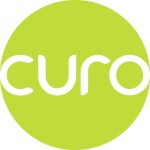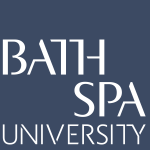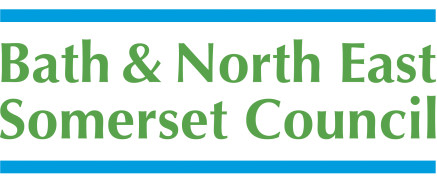We had a fantastic time at our environment hack day last weekend. Part of the Bath Digital Festival, we asked people to bring their skills, enthusiasm and creativity and apply them to the task of exploring how to use data and digital technology for the good of the local environment. Here’s what people made and some thoughts on what’s next.
As always with our hackdays we end up with an interesting mix of people building tools, analysing and visualising data, and creating playful, fun applications. This time was no exception and as you can see from the list below, there was an interesting mix of ideas:
- School Power – prototyped a web application to present school energy data in a simple, accessible way. The application built on some ideas we heard during our pre-meetup events. As a demonstration of the benefits of analysing this data the developers were able to show a potential £24,000 a year cost saving for the council by simply changing the type of light bulbs in the central library. This simple actionable advice, and the potential to further developments, meant School Power took second prize.
- Powerplay – built on one of the hacks from our last event and used CartoDB to explore gas and electricity energy usage data, building ages and energy certificates to look for potential savings and the impacts & benefits of recent developments in the area. The mapping identified some areas in which improvements to domestic buildings could have a benefit to home owners.
- Actual Bins – tried to gamify the collection of data about waste accumulations and collections around the area by building a mobile game based on everyone’s favourite bin dataset. This idea proved popular and took the People’s Choice award.
- BathKnows – also explored citizen collection of issues with the local environment, using a simple web application to allow people to report issues which were then routed to the appropriate department or authority
- The mISHMaSH – used some geographic data to calculate how much energy could be generated if we paved the city with solar panels.
- My Noisy Neighbour – created a transparency dashboard for the local Environmental Protection team using CartoDB, allowing service requests to be charted and explored online. The tool will also be useful for the team, providing them with an alternate way to see their existing data. This app took our third prize and was our “best use of maps” winner.
- Where’s the best place to live in Bath? – tried to answer that very question by developing metrics based on a variety of data sources
- Enviromates – created a proof-of-concept game to inspire and encourage local communities to make better use of green spaces and be aware of environmental issues. The game created a unique avatar (like a tamagotchi!) for each ward in the city that then adapted to environmental reports and how the community used its green spaces. The team did a great job of exploring the concept, coming up with a variety of challenges and use cases for how it could be used. Enviromates took our first prize.
- Michael Youngman explored plotting environmental and health data using augmented reality and the Wikitude mobile app. There’s now a freely available Bath Food Safety certificates layer in the application that allows anyone to check the rating of a restaurant before entering (even if they’re not displaying a certificate)
- Bath Park Life – breathed some life and personality into our local parks. Sydney, Henrietta, Alice and others are now tweeting about their facilities, history and random facts to encourage you to visit their spaces.
- Micaela Beresford of the council sustainability team developed a proof-of-concept around energy data collection and education for school children. Some of these ideas may be incorporated into a future version of School Power
- Jon Poole put together a quick visualisation to look at trends in employment in the local agricultural sector.
- Mark Owen used our geographical data collection to create some free educational resources for schools: large format, highly detailed maps of the local green spaces and environmental data
One of our goals for this hack day was to try to surface some interesting projects that we could build upon, over the coming months. For example we’d like to turn some of them into community-driven open source projects and perhaps return to them at future events. All of our winning applications definitely have this potential, as do a number of the other ideas.
We’ll be working with all of the team to help get their applications online and accessible to the community. We’ll also be submitting applications to the ODI Summer Showcase to get funding to take some of these further.
It’s important not to gloss over the less tangible results of the hack day: a community came together to share their time and energy. It was a real pleasure to see people meet each other, form teams and start developing so quickly. Thank you all for coming, you’re an amazing bunch of people!
And once again, a huge thank you to our sponsors. Wonderful organisations who are helping make a real difference in Bath and North East Somerset. Your support is amazing!
We also want to thank Independent Spirit, Honey’s Cider, Electric Bear, Bath Ales and Whole Bagel for their support with providing food and drinks for the events.








February 17, 2016 at 1:09 pm
I had a wonderful time, thank you Bath:Hacked!
February 17, 2016 at 1:12 pm
Excellent work; thanks and congratulations to everyone involved!